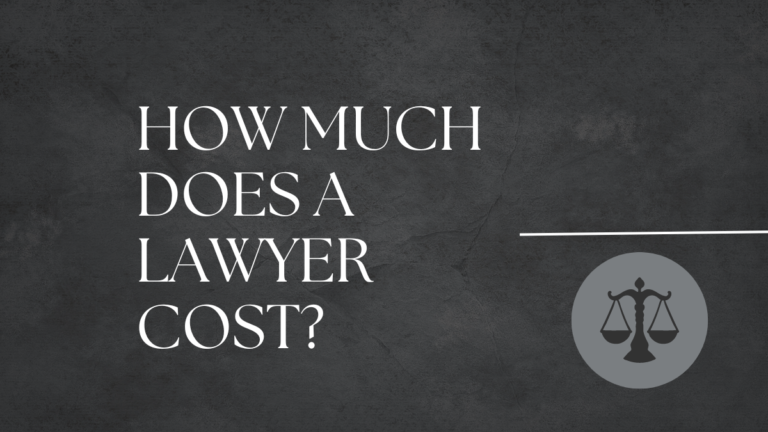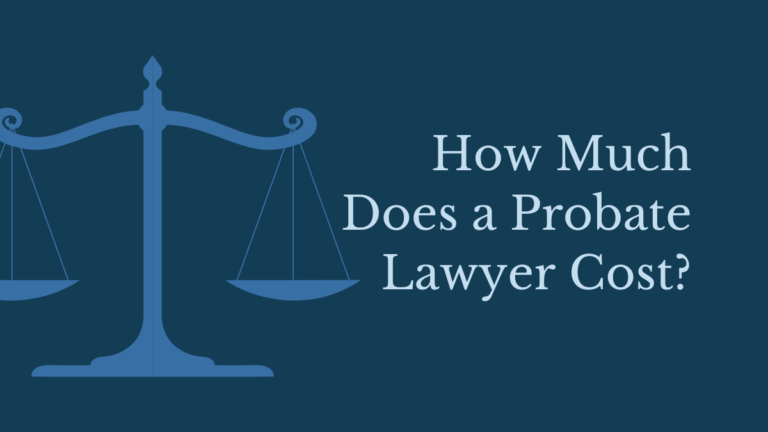What is the Difference Between a Lawyer and an Attorney?
Are you often confused by the terms lawyer and an attorney? Wondering if they mean the same thing or if there’s a difference between the two? You’re not alone! In today’s blog post, we’ll unravel this legal mystery and explore what sets lawyers apart from attorneys. Whether you have an interest in pursuing a career in law or simply want to understand these professional titles better, join us as we dive into the world of legal jargon and uncover the nuances that make all the difference. Get ready for some intriguing insights – let’s get started.
A Brief Overview of Lawyers and Attorneys
In the United States, the terms “lawyer” and “attorney” are often used interchangeably to refer to someone who practices law. However, there is a difference between lawyers and attorneys. A lawyer is someone who has graduated from law school and has been admitted to practice law in one or more states. An attorney is a lawyer who has been further admitted to practice in a specific court system, such as federal court.
Most people who use the terms “lawyer” and “attorney” are referring to someone who is licensed to practice law in at least one state. In some cases, an attorney may also be referred to as a “counselor,” which can be confusing since there are counselors who do not practice law. It’s important to remember that not all lawyers are attorneys, but all attorneys are lawyers.
What is a Lawyer?
A lawyer is someone who has been trained in the law and who is licensed to practice law. Lawyers represent clients in court, but they can also give legal advice and help with legal problems.
Attorneys are lawyers, but not all lawyers are attorneys. In order to be an attorney, a lawyer must pass a written exam called the bar exam. After passing the bar exam, an attorney is allowed to represent clients in court.
What is an Attorney?
An attorney is a lawyer who has gone through additional training and earned a license to practice law. In the United States, lawyers are allowed to provide legal services to clients after passing a bar exam and being admitted to the bar. Attorneys, on the other hand, have met all of these requirements and also have completed an additional three years of law school.
The Difference Between a Lawyer and an Attorney
There is a common misconception that the terms “lawyer” and “attorney” are interchangeable. However, there is a distinct difference between the two. A lawyer is someone who has been trained in the law and is licensed to practice law. An attorney, on the other hand, is a lawyer who has been appointed by a court to represent another person in legal matters.
The main difference between lawyers and attorneys lies in their level of training and experience. Lawyers must complete a four-year undergraduate degree, followed by three years of law school. After graduation, they must pass a state bar examination before they can be licensed to practice law. Attorneys, on the other hand, have completed all of these steps and also have several years of experience working as a lawyer.
While both lawyers and attorneys can provide legal representation and advice, only an attorney can appear in court on behalf of someone else. This means that if you are facing criminal charges or are involved in a civil lawsuit, you will need to hire an attorney rather than a lawyer.
Benefits of Having an Attorney Represent You
There are many benefits to having an attorney represent you. They can help you navigate the legal system, protect your rights, and ensure that you receive a fair trial. Attorneys also have a duty to uphold the law and can be held accountable if they break it. This makes them an important part of our justice system.
How to Choose the Right Lawyer/Attorney for Your Legal Needs?
When it comes to finding legal representation, it is important that you choose the right lawyer or attorney for your specific needs. Here are a few things to consider when making your selection:
- Area of Practice: Make sure that the lawyer or attorney you are considering specializes in the area of law that you need assistance with. This will ensure that they have the knowledge and experience necessary to effectively represent you.
- Location: Consider the location of the lawyer or attorney’s office. If you live in a rural area, it may be more convenient to work with someone who is located nearby. On the other hand, if you live in a large city, you may want to choose someone who practices in a downtown area.
- Fees: Ask about the lawyer or attorney’s fees upfront. Many lawyers and attorneys charge by the hour, so be sure to inquire about this before making your decision. Some may also offer a flat fee for certain services, so be sure to ask about this as well.
- References: Ask the lawyer or attorney for references from past clients. This can give you valuable insights into their level of service and professionalism.
Conclusion
We hope that this article has helped to clarify the difference between a lawyer and an attorney. Both lawyers and attorneys have important roles to play in legal proceedings, but it is important to understand how they differ so that you can make the best decision for yourself.
If you still have questions about either profession, be sure to do your research and consult with someone who is qualified in legal matters before making any decisions regarding your case.






